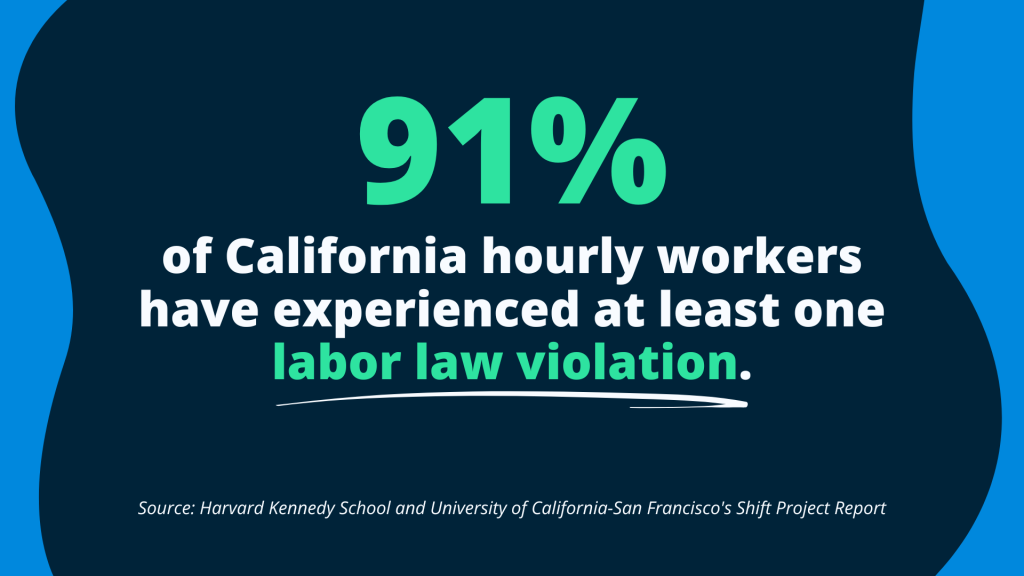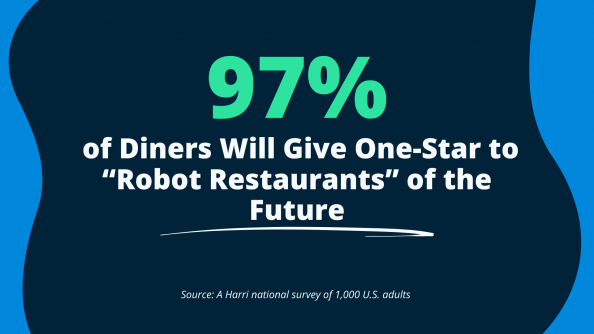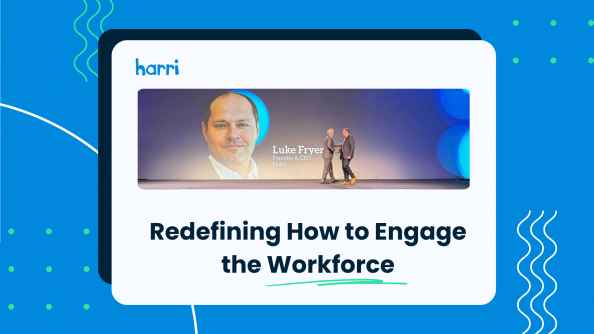Harvard Study Surveys 980 Cali Restaurant Workers. Here’s What They Found.

- By Harri Insider Team | November 20, 2024
Source: Harvard Kennedy School and University of California-San Francisco’s Shift Project Report
In a state known for its robust worker protections, a troubling pattern has emerged: California’s comprehensive labor laws aren’t effectively safeguarding the workers they’re designed to protect.
A recent study by researchers at Harvard Kennedy School and UCSF has uncovered that an overwhelming majority of hourly workers experience labor law violations, despite California having some of the nation’s strongest worker protection measures.
“California has some of the most progressive labor standards in the county,” said Daniel Schneider, the Malcolm Wiener Professor of Social Policy at Harvard Kennedy School. “These standards are designed to raise the floor on job quality for some of the hardest working Californians. But violations of these standards by employers are routine.”
Compliance And The Complaint Gap
The research, which surveyed 980 workers across 98 major service sector companies, revealed widespread violations of basic worker protections:
- A striking 91% of surveyed workers experienced at least one labor law violation
- 46% faced serious Fair Labor Standards Act violations, including:
- Working off the clock
- Missing required overtime pay
- Not being paid for all hours worked
- Receiving less than minimum wage
- Not receiving earned bonuses, tips, or paid time off
- 41% reported violations of mandated paid sick leave policies
- 58% experienced violations of paid rest break requirements
“These workers have been robbed, of their time and of their wages,” Schneider said. “But, the vast majority do not come forward and when they do, they are far more likely to report this theft to the perpetrator than to the agencies charged with investigating and remedying the situation.”

The Growing Compliance Challenge
These findings highlight a deeper systemic issue in labor law compliance. With the Department of Labor reporting average back wages of $1,297 per employee in 2023 – and $29.6 million collected in back wages from the hospitality sector alone – the financial implications of non-compliance are substantial.
The challenge isn’t just about willful non-compliance. The complexity of modern labor regulations has created an almost impossible situation for frontline managers, particularly in high-cost states like California where wage pressures have mounted after a $20 minimum wage passed earlier in the year.
They’re expected to make split-second decisions about complex regulatory requirements while simultaneously managing customers, staff, and operations. This challenge is particularly acute in the restaurant industry, where managers must juggle multiple competing priorities while ensuring compliance with:
- Overtime regulations
- Minimum wage requirements
- Fair Workweek laws
- Minor employment restrictions
- Meal and rest break requirements
This research serves as a wake-up call for employers and policymakers alike. While California leads the nation in worker protection laws, the gap between legislation and implementation suggests a need for:
- More accessible reporting mechanisms for workers
- Better education about worker rights and reporting procedures
- Improved support systems for managers handling compliance
- More effective enforcement mechanisms
- Simplified compliance frameworks that maintain protections while reducing complexity
The challenge ahead lies not just in maintaining strong labor laws, but in ensuring they effectively protect the workers they’re designed to serve. As regulations continue to evolve, finding ways to bridge the gap between law and practice becomes increasingly crucial for all stakeholders in California’s labor landscape.
The findings, the study concludes, “suggest that workers need more accessible ways to come forward when faced with labor standards violations and demonstrate that labor standards enforcement is a continual and crucial component in making legal entitlements a reality.”




















